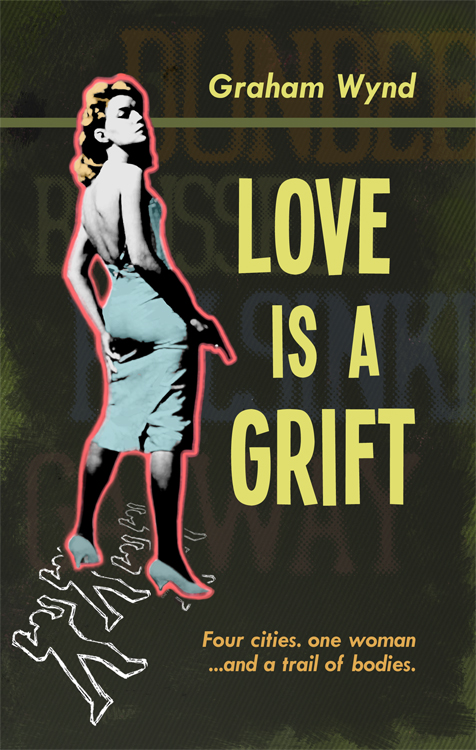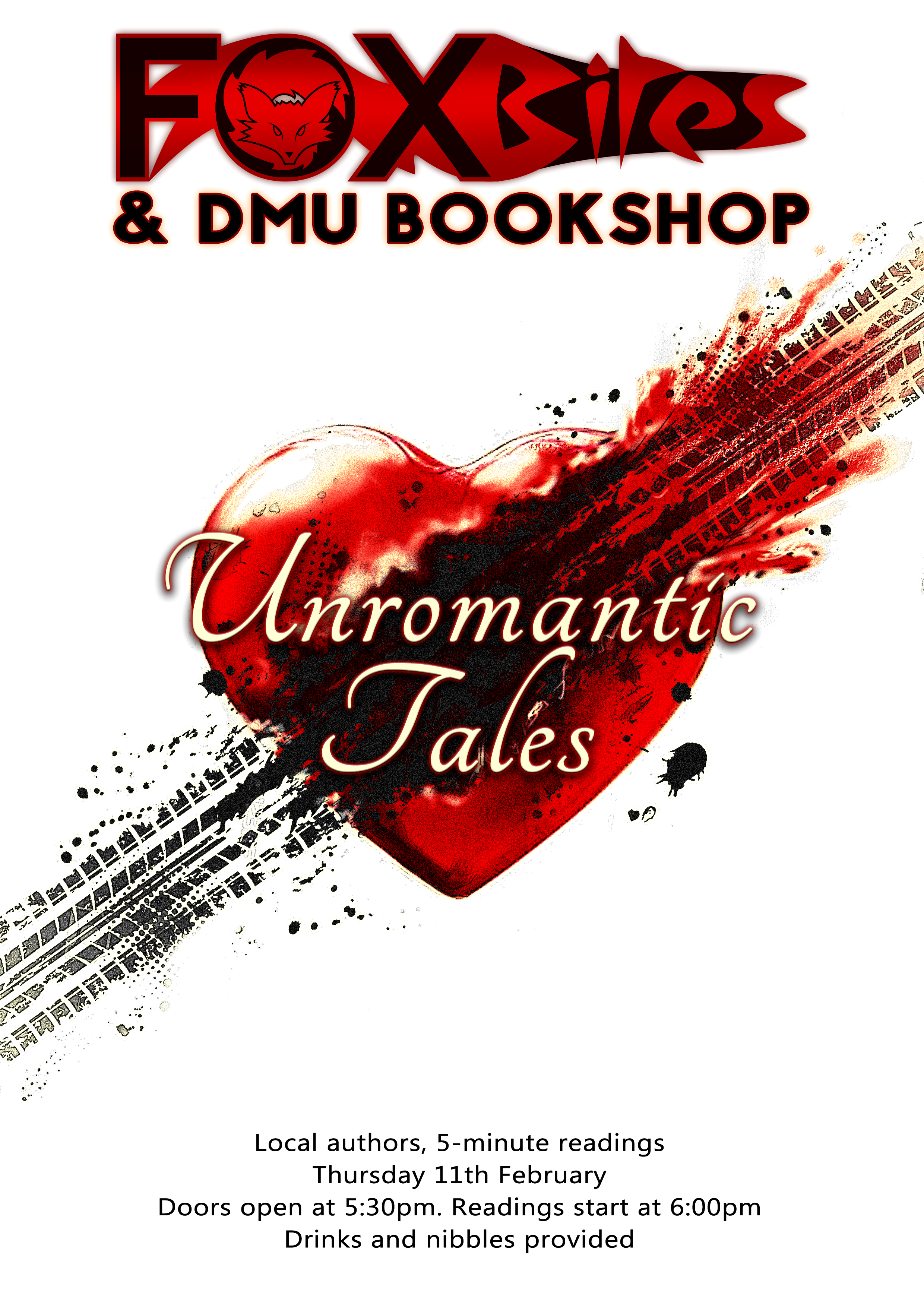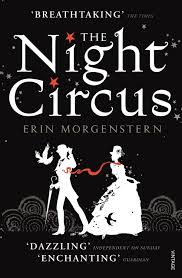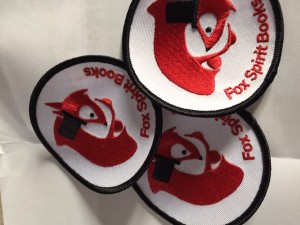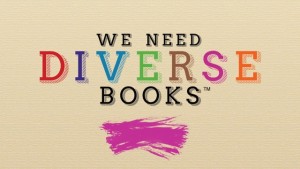In this series I want to address in more detail some of the things that I get asked at events and never have time to address as fully as I would wish.
Shark infested custard
Writing/Critiquing Groups
Writing is hard and it’s solitary and people want feedback. Many writers seek out others and form writing groups to provide the essential service of mutual critiquing. There are a lot of benefits to be gained from this but there are a few things that need to be kept in mind to get the most of them.

How experienced are the other writers in your group?
A mix of experience is great, new writers can bring a freshness that is good for everyone, a disregard of protocol that can make you think ‘actually….’ And that is exciting. It’s also useful to have some more seasoned writers, people who have worked on their craft, bought all of the how to books etc. Everyone has something to contribute, no one is 100% right. First and foremost you have to be happy with what you are writing!
Have they successfully sold into any market, be it self pub, traditional or small press?
Again, most writers do lots of writing without actually making a career of it. If you have anyone in your group who has some real experience, especially if they have been through the process of professional editing etc then their view can be really helpful. Remember though, everyone has an individual experience of the process, some good, some bad, some downright ugly. You need to sift the personal from the business side of it, but there is a lot that can be gained. Also keep in mind different types of publishing have different norms. Paid competition to be featured is not at all unusual in poetry, it’s frowned upon in most prose fiction markets. If someone has a heap of experience writing non fic articles they no doubt have useful and applicable experience but there are probably differences to trying to place short stories in a magazine too.
Do they have very obvious preferences and bias in terms of style and content?
As long as they don’t get stuck in ‘I don’t like X genre’ then there is still plenty of useful feedback to be had, but be aware of who is in your group, what their personal writing ticks are. I have a writer friend who used a particular phrase a second time in a book, just to wind me up because I reacted so amusingly the first time. I as a reader have my own ticks and it’s hard not to bring them to the listening.

Are they telling you how they would write the story?
The biggest problem with other writers is that they are writers. It’s very hard for a writer to critique or copy edit without trying to fix. It’s not their story, remember that when you note their comments. ‘I would have x do y thing’ isn’t them telling you how to improve your story, it’s telling you how to write the one they would do. On the other hand, no one knows the difficulty of writing better than another writer and they are likely to have a better eye or ear for things going clunk in your prose than many readers.
Are they hearing your work in small chunks rather than consuming it the way a reader would?
Take feedback in context. If they are hearing the story in chunks they will respond to the chunk, don’t worry overly about feedback on tone etc in terms of the whole story. That’s what beta readers are for and we will cover them another day.
In short, feedback from other writers is fraught with issues and needs to be taken in context. It’s also often invaluable. Get it if you can and work through the murk to find the bits of advice and support worth having.
I would always support joining a writing group, writers spend a lot of time alone with their work and the social element, as well as hearing perspectives from other writers are really valuable assets.

